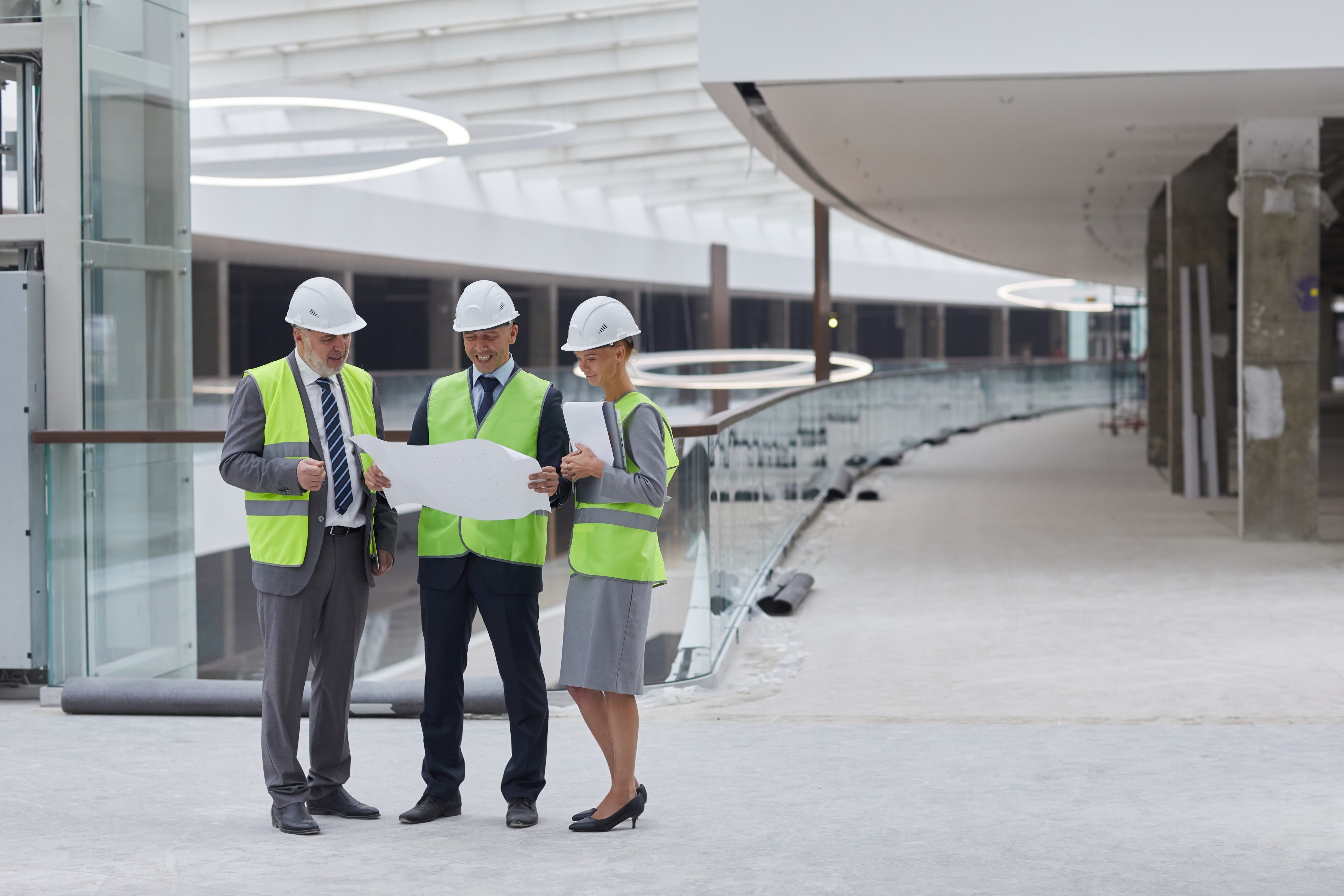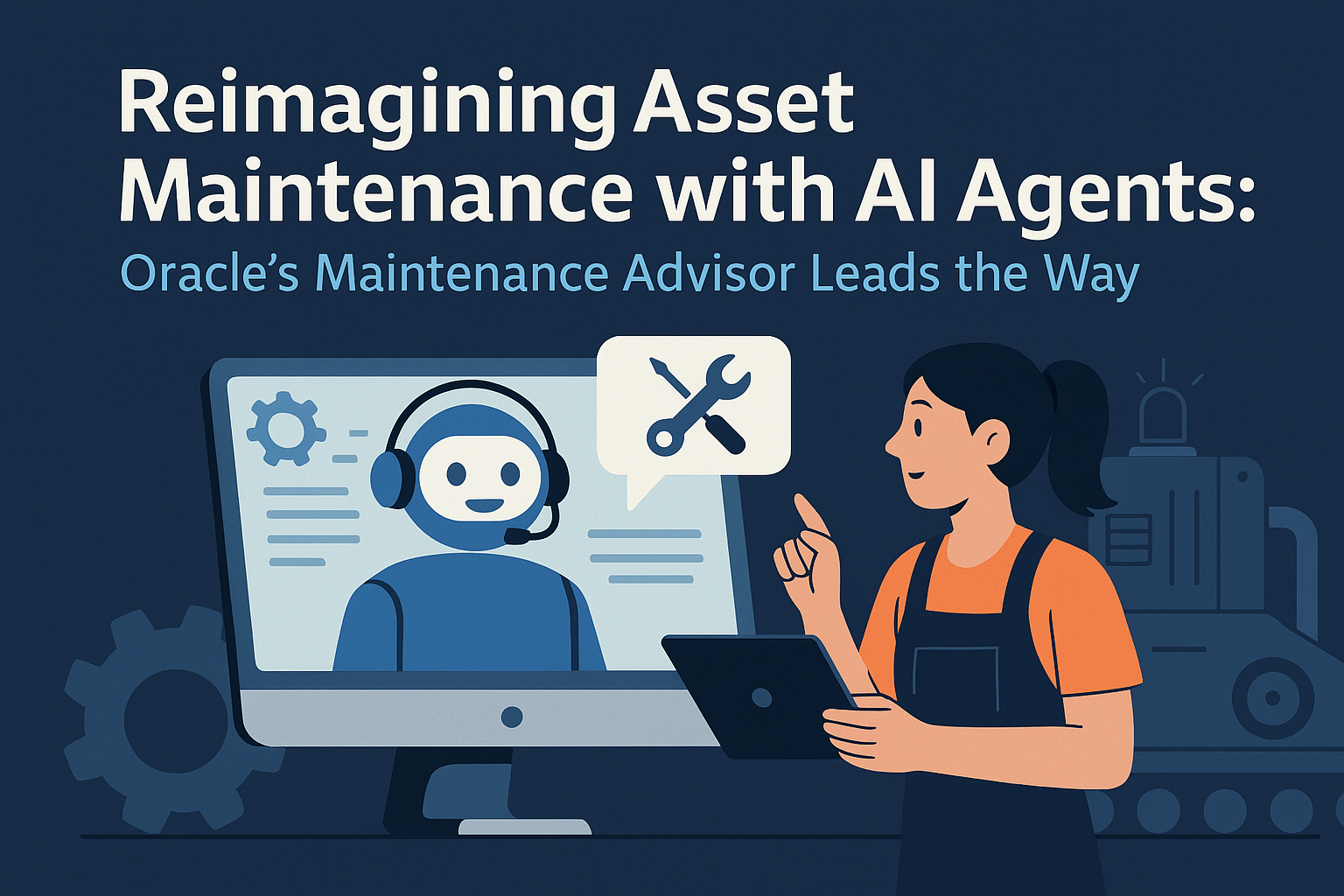Optimizing Facility Management in Malls: Leveraging Technology to Streamline Operations

Malls are more than just shopping destinations; they are complex ecosystems that require careful management to ensure a seamless experience for visitors and tenants. From maintaining clean and safe environments to managing energy usage and scheduling routine maintenance, the behind-the-scenes operations of a mall are critical to its success. Facility management in malls encompasses a wide range of responsibilities, including maintenance, security, waste management, energy efficiency, and compliance with health and safety standards.
Traditionally, facility management has been labor-intensive, reliant on manual processes and reactive approaches. However, with the advent of advanced facility management technologies, mall operators can now streamline these operations, reduce costs, and enhance the overall visitor experience. In this blog, we will explore how technology is transforming facility management in malls, making it more efficient, sustainable, and responsive to the needs of modern retail spaces. We will also highlight how AiDOOS can help mall operators leverage these technologies to optimize their facilities and drive operational excellence.
Facility management has traditionally been reactive, with maintenance teams responding to issues as they arise. This approach often leads to costly downtime, unexpected repairs, and a less-than-ideal visitor experience. In the competitive world of retail, these inefficiencies can have a significant impact on a mall’s reputation and profitability.
Modern facility management, however, is shifting from a reactive model to a proactive one, thanks to technology. Advanced facility management solutions provide real-time visibility into the condition of assets, automate maintenance schedules, and enable predictive maintenance that identifies potential issues before they become critical problems.
Platforms like MRI Facilities Management and Nuvolo are at the forefront of this transformation. These solutions integrate IoT (Internet of Things) sensors, data analytics, and AI-driven insights to monitor equipment performance, predict maintenance needs, and optimize resource allocation. For example, HVAC systems can be monitored in real-time to ensure optimal climate control, while predictive analytics can forecast when elevators need servicing, reducing unexpected outages.
Key Strategies:
Predictive Maintenance: Use IoT sensors and data analytics to predict when equipment needs maintenance, reducing downtime and extending asset life.
Automated Workflows: Automate routine maintenance tasks and work orders to ensure that facility management teams can focus on more complex issues.
Centralized Asset Management: Implement a centralized system to track all facility assets, from lighting and HVAC systems to escalators and security cameras, enabling a more organized and efficient approach to facility management.
Energy management is a significant component of facility management in malls. From lighting and HVAC systems to escalators and digital signage, malls consume a substantial amount of energy, leading to high operational costs and environmental impacts. Implementing smart energy management solutions not only reduces costs but also supports sustainability initiatives, making malls more eco-friendly and appealing to today’s environmentally conscious consumers.
Advanced energy management platforms provide real-time monitoring of energy usage, allowing mall operators to identify inefficiencies and optimize consumption. For example, smart lighting systems can adjust brightness based on natural light availability, while HVAC systems can be programmed to maintain optimal temperatures based on foot traffic and weather conditions. Additionally, energy management tools can provide detailed reports on energy usage patterns, enabling mall operators to make data-driven decisions about where to invest in upgrades.
Key Strategies:
Smart Lighting Control: Use sensors and automation to adjust lighting based on occupancy and daylight, reducing energy consumption during off-peak hours.
HVAC Optimization: Implement smart HVAC controls that adjust temperature settings based on real-time occupancy and weather conditions, improving energy efficiency and comfort.
Energy Usage Analytics: Use data analytics to monitor energy consumption trends, identify inefficiencies, and implement targeted improvements that reduce costs and environmental impact.
Security is a top priority for mall operators, ensuring the safety of both visitors and tenants. Advanced security technologies are transforming how malls manage safety, providing real-time surveillance, access control, and incident response capabilities. Modern security management systems integrate video surveillance, access control, and alarm systems into a single platform, enabling security teams to monitor the entire mall environment from a centralized dashboard.
AI-powered video analytics enhance surveillance by automatically detecting suspicious behavior, unauthorized access, or potential safety hazards. For example, AI can identify unattended bags, loitering individuals, or overcrowded areas, allowing security personnel to respond proactively. In addition, visitor management systems help control access to restricted areas, ensuring that only authorized personnel can enter.
Key Strategies:
AI-Driven Surveillance: Use AI-powered video analytics to monitor security footage in real-time, detect potential threats, and respond swiftly to incidents.
Access Control Systems: Implement electronic access control systems that manage entry to sensitive areas, track visitor movements, and enhance overall security.
Emergency Response Coordination: Use integrated communication systems to coordinate emergency responses, ensuring that security teams can act quickly in critical situations.
Effective waste management is essential for maintaining a clean and welcoming environment in malls. Advanced waste management solutions help mall operators streamline waste collection, recycling, and disposal processes, reducing environmental impact and operational costs. Smart waste bins equipped with sensors can detect when they are full and automatically schedule pickups, optimizing waste collection routes and minimizing the presence of overflowing bins.
Sustainability is also a key focus, with malls increasingly adopting eco-friendly practices such as recycling programs, composting, and the use of sustainable materials. By implementing sustainable waste management solutions, malls can improve their environmental footprint, meet regulatory requirements, and enhance their appeal to eco-conscious consumers.
Key Strategies:
Smart Waste Bins: Deploy smart waste bins that monitor fill levels and schedule pickups, reducing the frequency of collections and optimizing waste management.
Recycling and Composting Programs: Implement recycling and composting initiatives that encourage tenants and visitors to participate in sustainable waste disposal practices.
Sustainable Materials Management: Use sustainable materials for cleaning, maintenance, and repairs, reducing the environmental impact of facility management operations.
The key to optimizing facility management in malls lies in integrating all technological solutions into a unified platform. By connecting facility management systems—such as maintenance scheduling, energy management, security, and waste disposal—mall operators can gain a holistic view of their operations, identify inefficiencies, and streamline processes. Integrated platforms provide real-time data and analytics, enabling facility managers to make informed decisions that enhance the overall performance of the mall.
APIs and middleware solutions play a crucial role in connecting disparate systems, ensuring seamless data flow between platforms. Centralized dashboards provide a comprehensive view of all facility management activities, allowing operators to monitor performance, track key metrics, and respond to issues in real time.
Key Strategies:
Integrated Facility Management Systems: Use platforms that connect all facility management functions, providing a single source of truth for all operational data.
Real-Time Monitoring and Alerts: Implement real-time monitoring systems that provide alerts for potential issues, enabling proactive maintenance and quick response times.
Data-Driven Decision Making: Use analytics to track facility performance, identify trends, and implement targeted improvements that enhance efficiency and reduce costs.
Managing a mall’s facilities requires more than just the right technology—it requires the right expertise. AiDOOS connects mall operators with on-demand facility management professionals who specialize in implementing, optimizing, and managing advanced technologies. From predictive maintenance to smart energy management, AiDOOS provides the expertise needed to enhance every aspect of facility management.
1. On-Demand Facility Management Experts:
AiDOOS offers access to a network of facility management specialists who can help mall operators deploy the latest technologies, automate workflows, and improve operational efficiency. Whether you need a team to set up predictive maintenance systems or optimize energy usage, AiDOOS delivers the right talent when you need it.
2. Custom Integration and Optimization:
AiDOOS experts can tailor facility management solutions to fit the specific needs of your mall. By customizing platforms and integrating them into existing systems, AiDOOS ensures that facility management technologies work seamlessly together, maximizing their impact.
3. Continuous Improvement with Data Analytics:
AiDOOS provides access to data analysts who can set up advanced dashboards, monitor facility performance, and identify opportunities for improvement. With AiDOOS, mall operators can continuously refine their facility management strategies, reducing costs and enhancing the visitor experience.
4. Scalable Solutions for Growing Needs:
As malls expand and evolve, their facility management needs change. AiDOOS offers scalable solutions that can adapt to new challenges, ensuring that mall operators have the support they need to maintain high standards of operational excellence.
Facility management is at the core of a mall’s operations, directly impacting the visitor experience, tenant satisfaction, and overall profitability. By embracing advanced facility management technologies, mall operators can streamline their processes, reduce costs, and create a more sustainable and efficient environment.
AiDOOS empowers mall operators to optimize their facility management by providing on-demand access to the experts who can make it happen. From predictive maintenance and smart energy management to integrated security solutions, AiDOOS delivers the expertise needed to enhance every aspect of facility management. In an ever-evolving retail landscape, AiDOOS is the partner that helps malls stay ahead, ensuring that their facilities are well-managed, efficient, and ready to meet the needs of today’s shoppers.

Discover how Oracle’s Maintenance Advisor AI agent is transforming equipment maintenance and repair workflows. Learn its enterprise impact, real-world applications, and the future of AI in industrial operations.